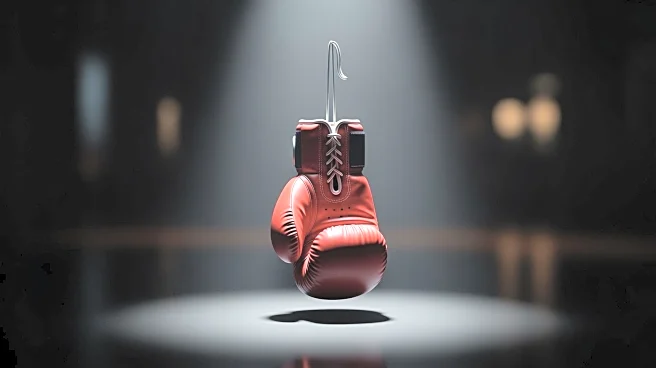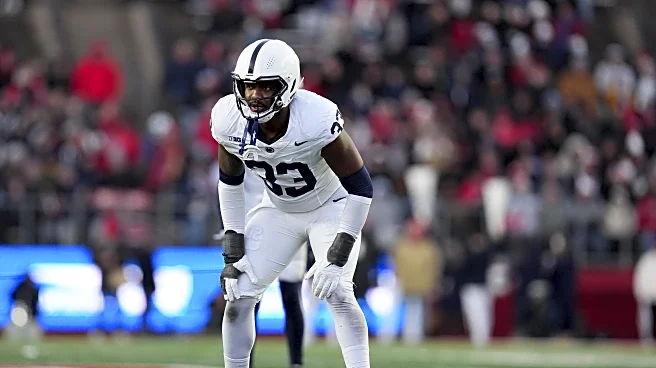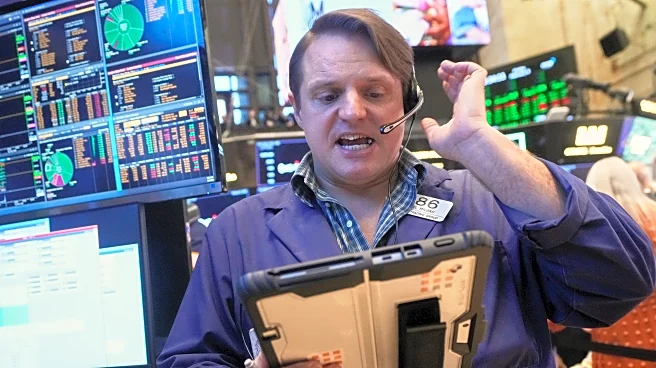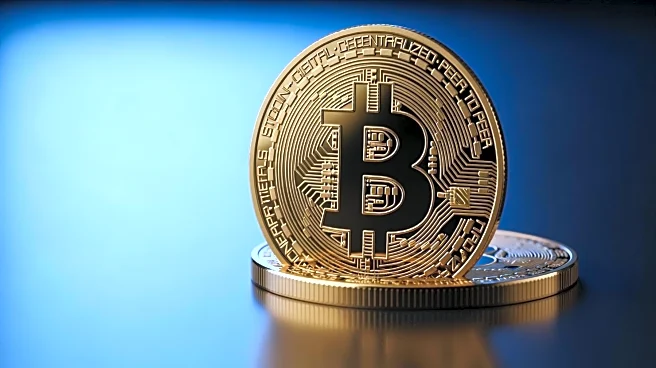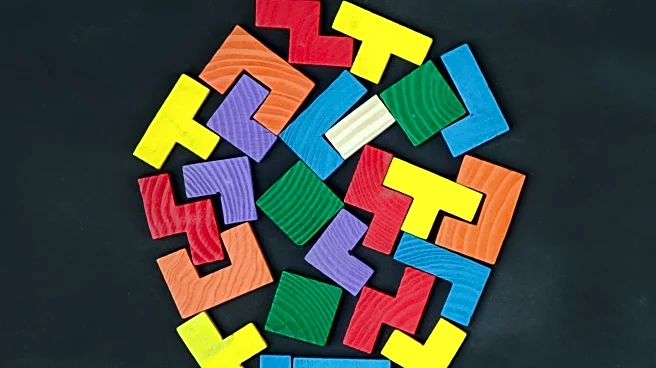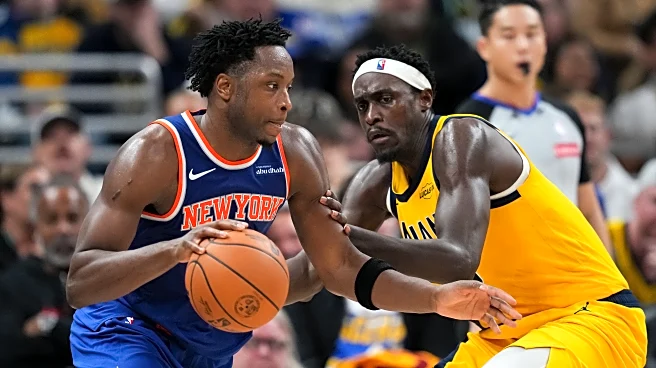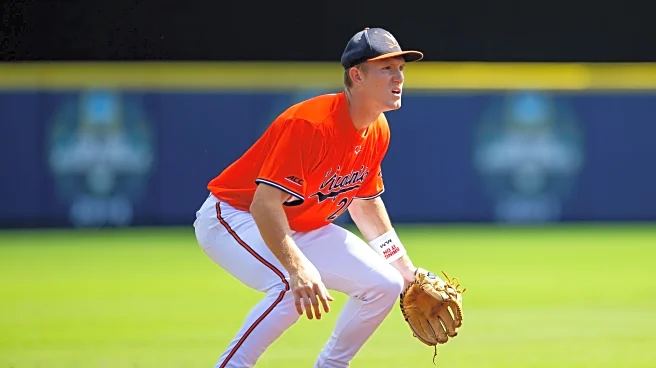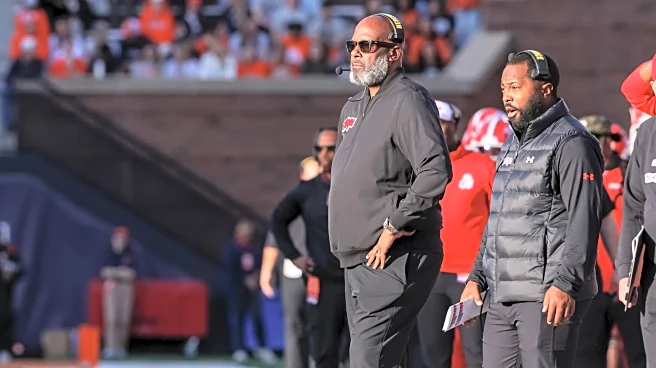What's Happening?
Ricky Hatton, a former world champion boxer, has been confirmed to have died by suicide, according to a coroner's report. Hatton, known for his aggressive fighting style and approachable personality, was found unresponsive at his home in Hyde, Greater
Manchester, on September 14 by his manager, Paul Speak. The coroner's court confirmed the cause of death, and Hatton was 46 years old at the time of his passing. His funeral, held on October 10, saw thousands of supporters, including notable figures like Tyson Fury and Wayne Rooney, gather to honor his memory.
Why It's Important?
The confirmation of Ricky Hatton's death as suicide has profound implications for the boxing community and mental health awareness. Hatton was a celebrated figure in the sport, and his death highlights the mental health challenges athletes face, particularly after retirement. The news has sparked discussions on the importance of mental health support for sports professionals. Hatton's legacy in boxing remains influential, and his passing has prompted tributes from fans and fellow athletes, emphasizing the need for increased mental health resources in sports.
What's Next?
Following the coroner's ruling, there may be increased calls for mental health initiatives within the sports community. Stakeholders, including sports organizations and mental health advocates, might push for more comprehensive support systems for athletes. The boxing community could see efforts to honor Hatton's legacy through memorial events or campaigns aimed at raising awareness about mental health. Additionally, discussions around athlete welfare and post-retirement support are likely to gain momentum, potentially influencing policy changes in sports management.
Beyond the Headlines
Ricky Hatton's death underscores the broader issue of mental health struggles among retired athletes. The transition from a high-profile career to retirement can be challenging, often leading to feelings of isolation and loss of identity. Hatton's case may prompt a reevaluation of how sports organizations address these challenges, potentially leading to more robust support networks. The cultural impact of Hatton's career and his untimely death may also influence public perceptions of mental health, encouraging more open conversations and reducing stigma.
